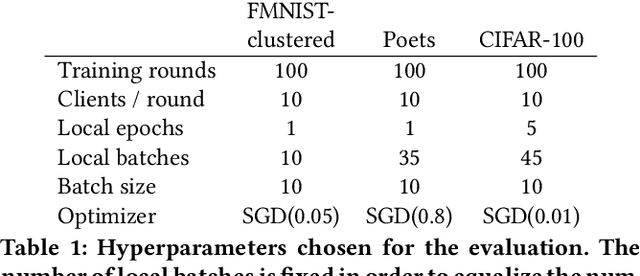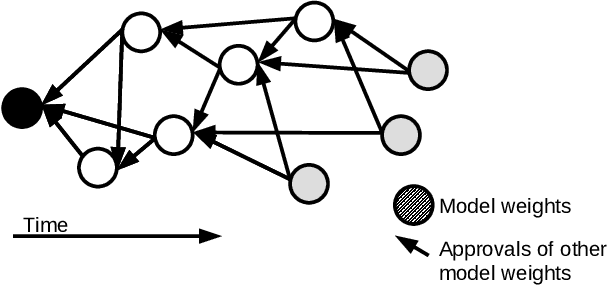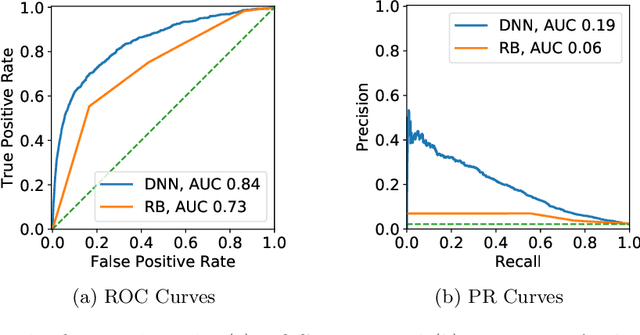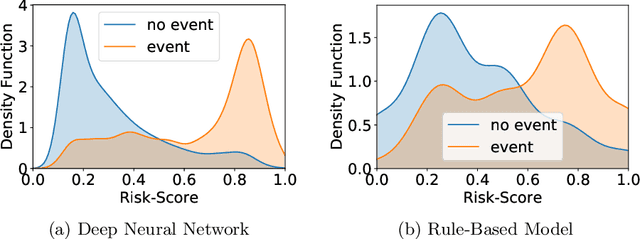Jossekin Beilharz
Implicit Model Specialization through DAG-based Decentralized Federated Learning
Nov 03, 2021



Abstract:Federated learning allows a group of distributed clients to train a common machine learning model on private data. The exchange of model updates is managed either by a central entity or in a decentralized way, e.g. by a blockchain. However, the strong generalization across all clients makes these approaches unsuited for non-independent and identically distributed (non-IID) data. We propose a unified approach to decentralization and personalization in federated learning that is based on a directed acyclic graph (DAG) of model updates. Instead of training a single global model, clients specialize on their local data while using the model updates from other clients dependent on the similarity of their respective data. This specialization implicitly emerges from the DAG-based communication and selection of model updates. Thus, we enable the evolution of specialized models, which focus on a subset of the data and therefore cover non-IID data better than federated learning in a centralized or blockchain-based setup. To the best of our knowledge, the proposed solution is the first to unite personalization and poisoning robustness in fully decentralized federated learning. Our evaluation shows that the specialization of models emerges directly from the DAG-based communication of model updates on three different datasets. Furthermore, we show stable model accuracy and less variance across clients when compared to federated averaging.
Predicting Medical Interventions from Vital Parameters: Towards a Decision Support System for Remote Patient Monitoring
Apr 20, 2021

Abstract:Cardiovascular diseases and heart failures in particular are the main cause of non-communicable disease mortality in the world. Constant patient monitoring enables better medical treatment as it allows practitioners to react on time and provide the appropriate treatment. Telemedicine can provide constant remote monitoring so patients can stay in their homes, only requiring medical sensing equipment and network connections. A limiting factor for telemedical centers is the amount of patients that can be monitored simultaneously. We aim to increase this amount by implementing a decision support system. This paper investigates a machine learning model to estimate a risk score based on patient vital parameters that allows sorting all cases every day to help practitioners focus their limited capacities on the most severe cases. The model we propose reaches an AUCROC of 0.84, whereas the baseline rule-based model reaches an AUCROC of 0.73. Our results indicate that the usage of deep learning to improve the efficiency of telemedical centers is feasible. This way more patients could benefit from better health-care through remote monitoring.
 Add to Chrome
Add to Chrome Add to Firefox
Add to Firefox Add to Edge
Add to Edge